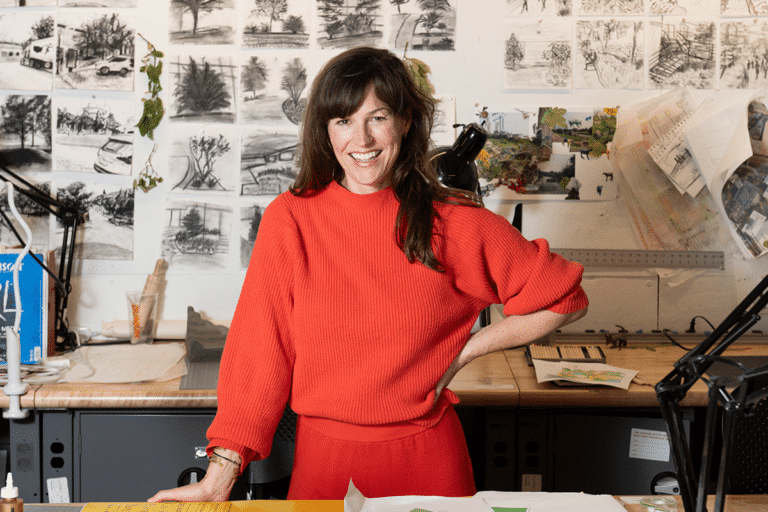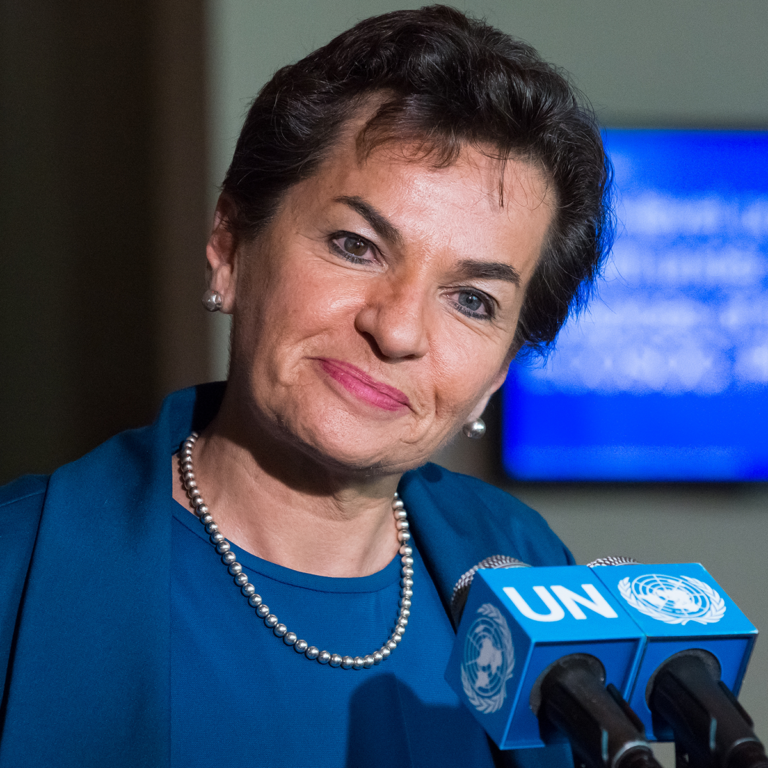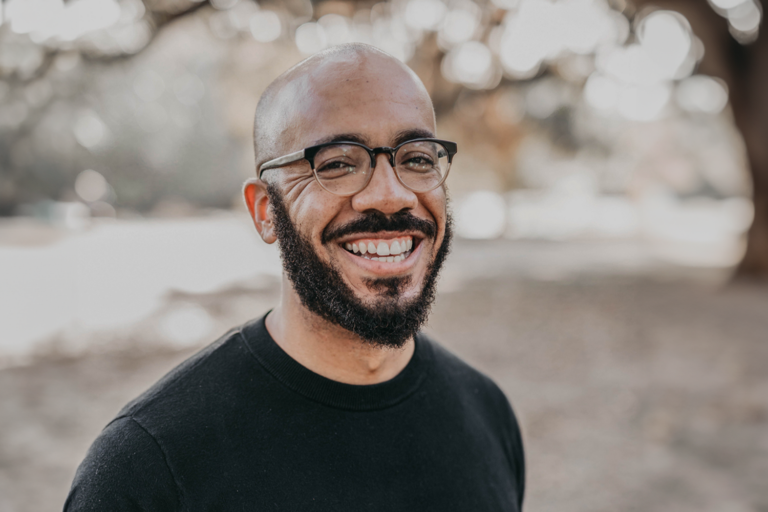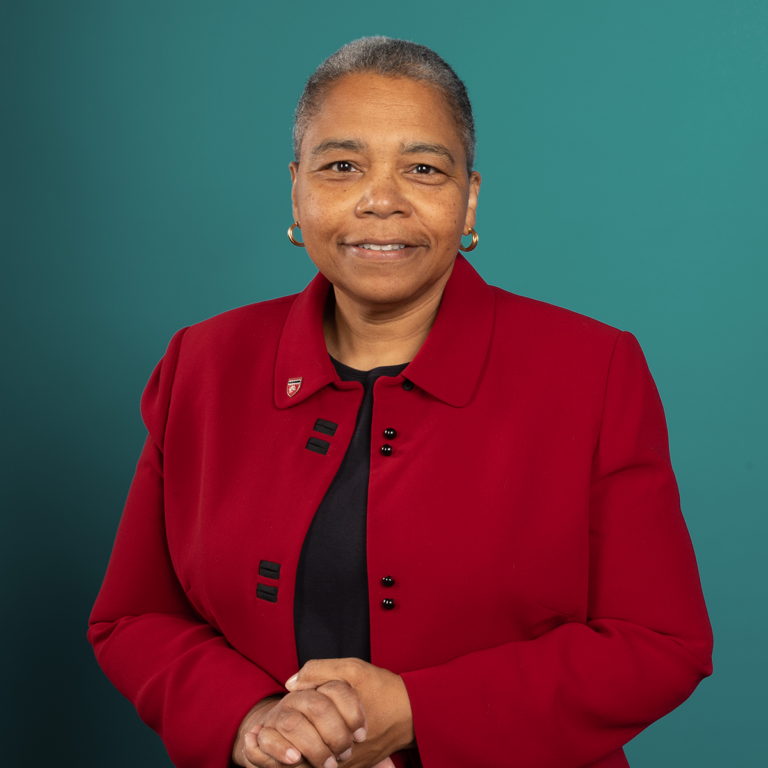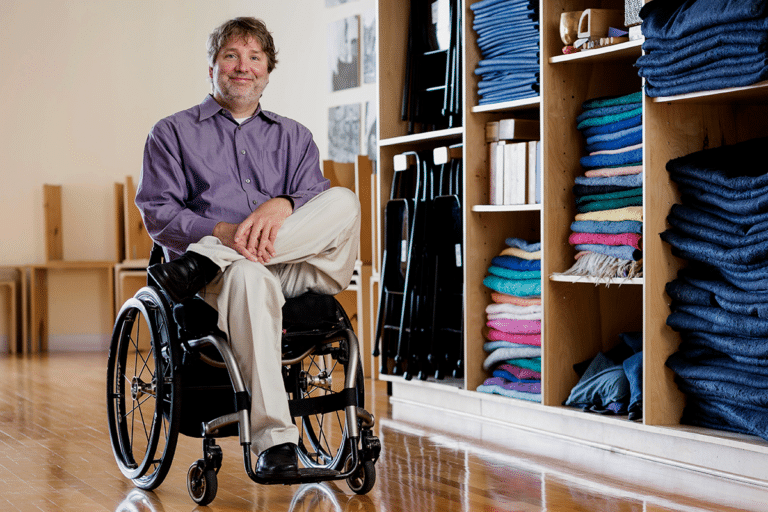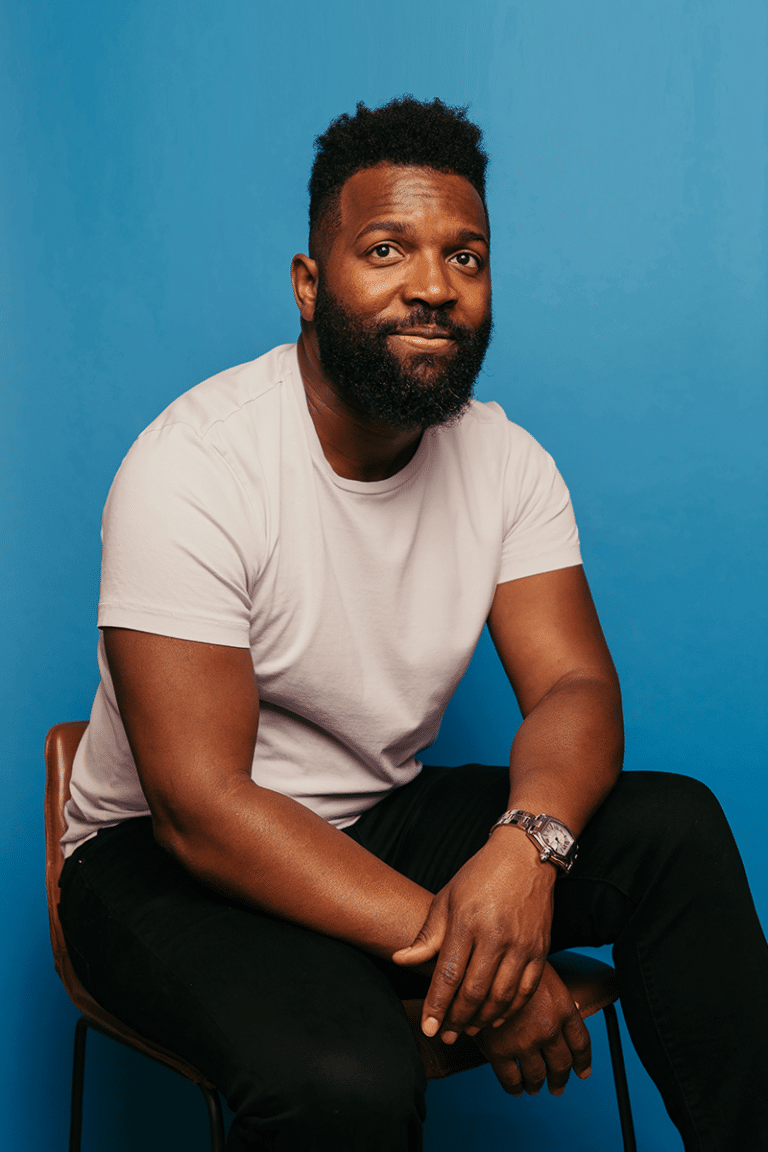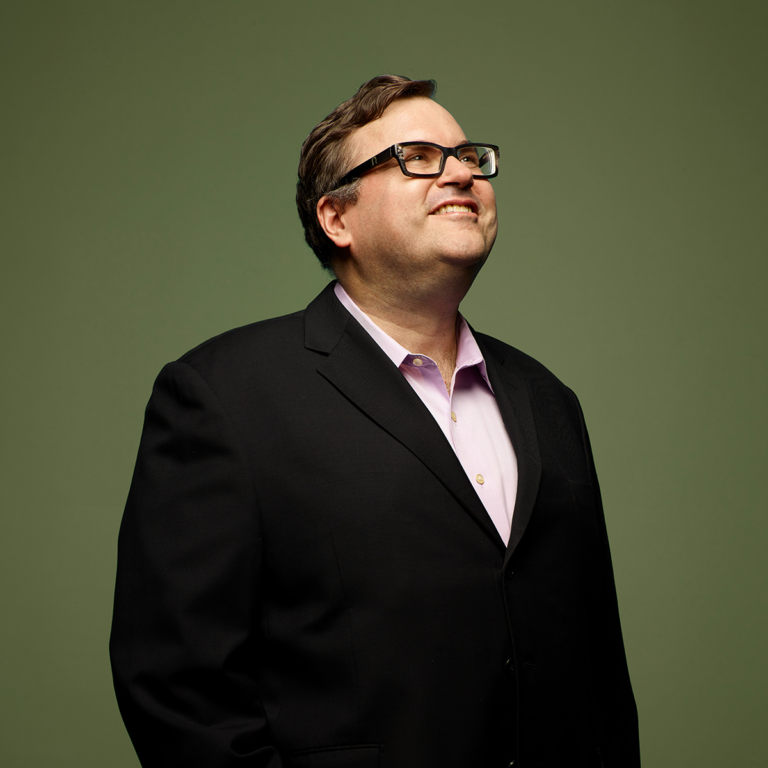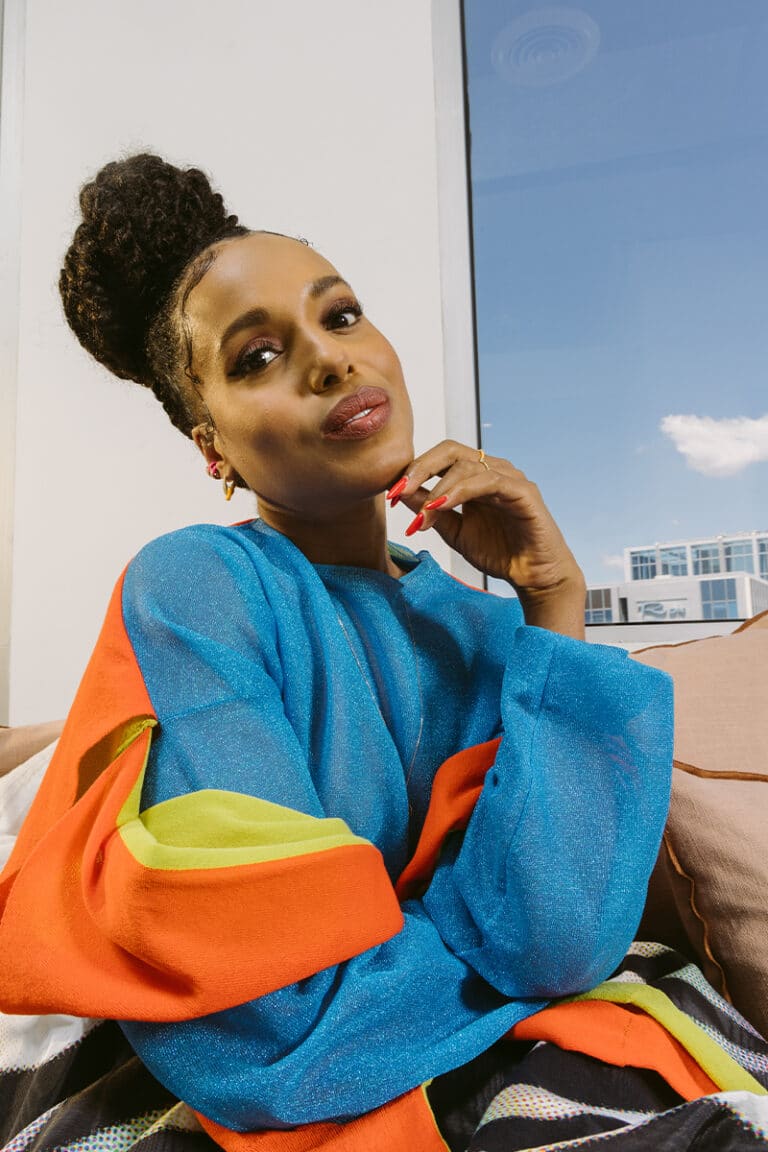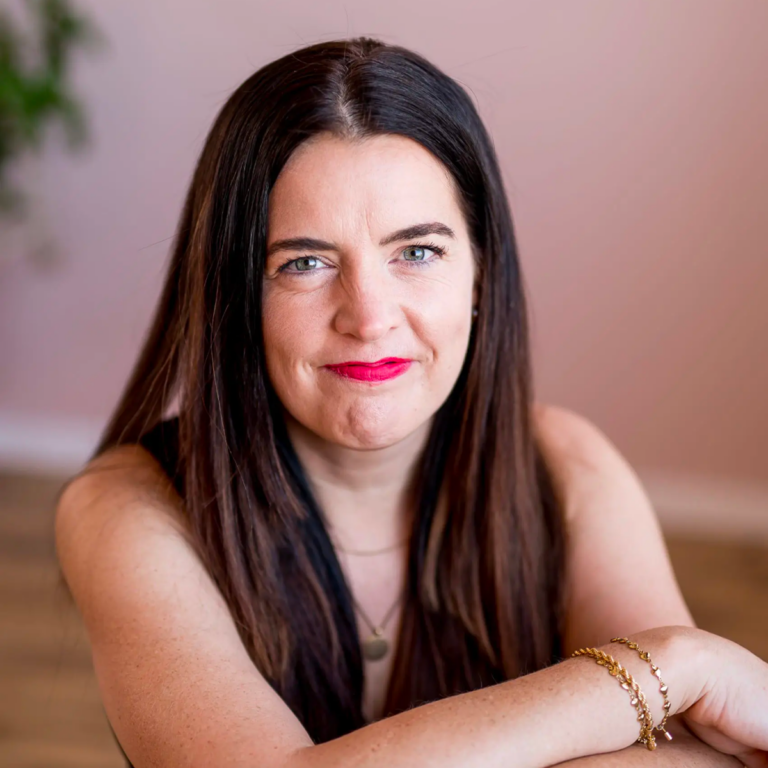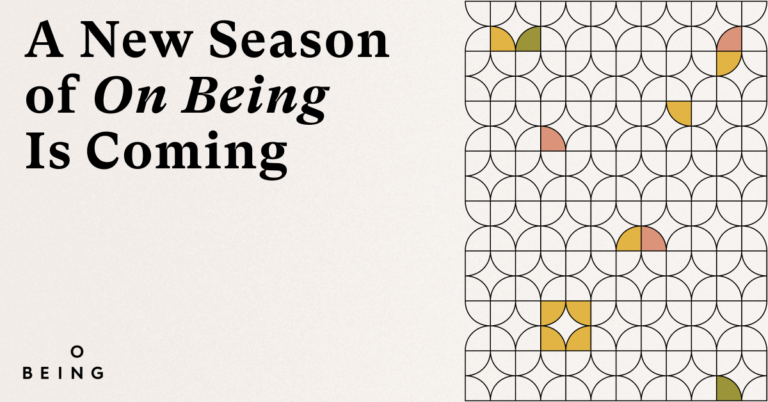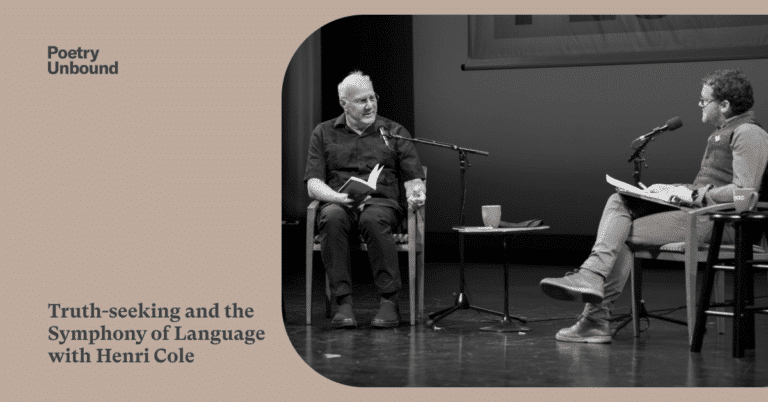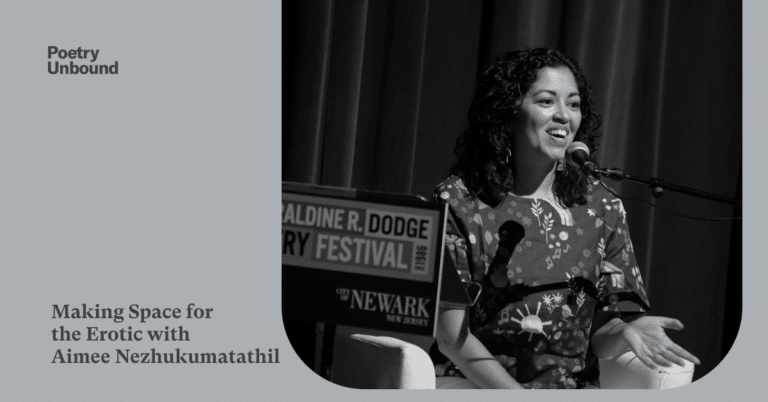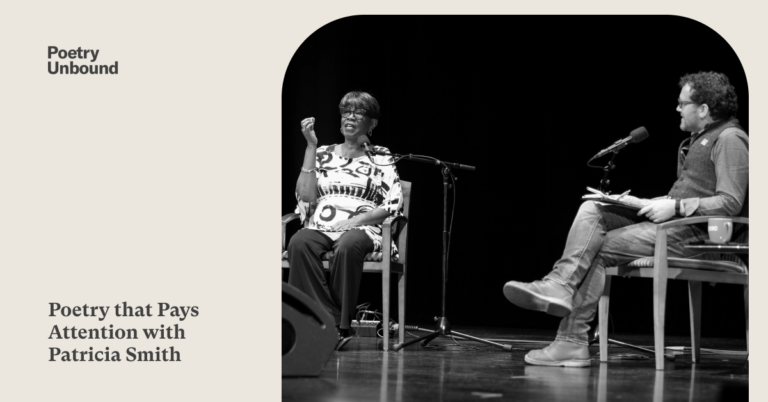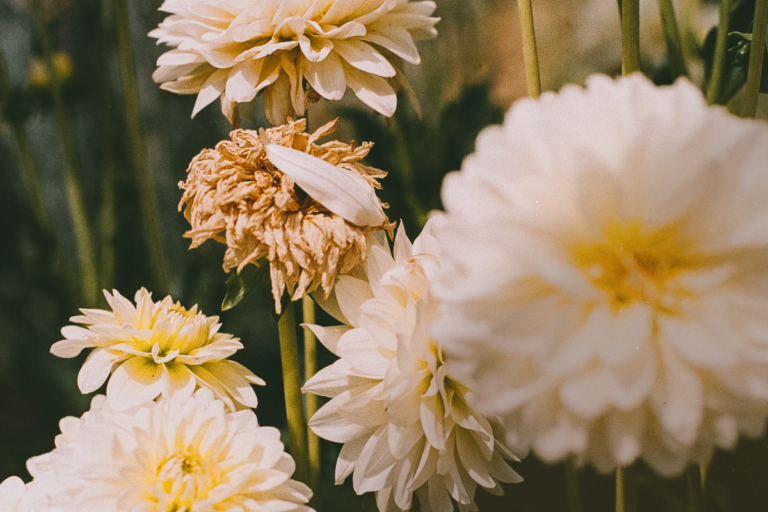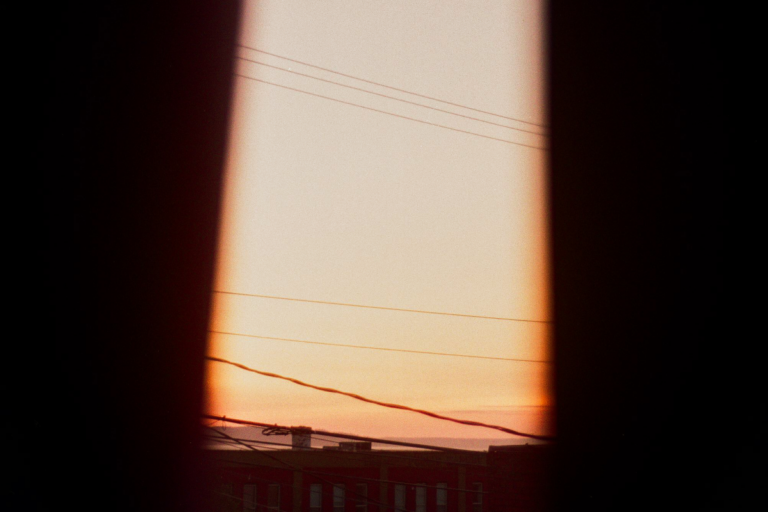November 16, 2023
Sara Hendren
Our Bodies, Aliveness, and the Built World
Our built world is designed around something called “normal,” and yet every single one of our bodies is mysterious, and constantly adapting for better or worse — and always, always changing. This is a fact so ordinary — and yet not something most of us routinely pause to know and to ponder and work with. But Sara Hendren has made it her passion, bringing to it her varied vocations and gifts: being a painter and loving how art reveals truth not by way of simplicity, but by juxtaposition; teaching design to engineering students; parenting three beloved children, one of whom has Down syndrome.
This is a conversation that will have you moving through the world both marveling at the ordinary adaptations that bodies make and asking, in Sara’s words, “restless and generative questions”: of why we organize the physical world as though vulnerability and needs for assistance are not commonplace — indeed salutary — forms of experience that reveal the genius of what being human is all about.


